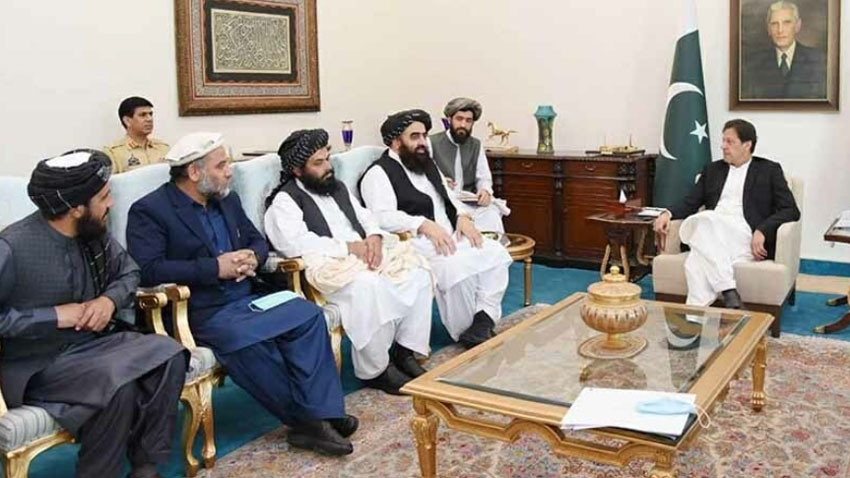Pakistan has called upon G20 countries to take cognizance of the Indian atrocities in Occupied Kashmir (IIOJK).
Addressing weekly press briefing, Foreign Office Spokesperson Mumtaz Zahra Baloch said that Kashmir is an internationally recognised conflict, emphasising that holding the G20 meeting in the occupied valley would be inappropriate. Furthermore, the spokesperson dismissed the US report on religious freedom.
Ms Baloch welcomed the important statement made by the UN Special Rapporteur on Minority Affairs on the situation in Indian Illegally Occupied Jammu and Kashmir. She pointed out that the Special Rapporteur in his statement has warned against Indian plans to hold the G-20 Tourism Working Group meeting in Srinagar.
She said we agree with the Special Rapporteur that the situation in Indian illegally occupied Jammu and Kashmir should be decried and condemned and not pushed under the rug and ignored with the holding of the G-20 meeting. She asked the G-20 members to pay due attention to these observations and sage advice.
The spokesperson said Pakistan has a principled position on Jammu and Kashmir dispute which is rooted in the UN Security Council resolutions which call for its solution on the basis of the aspirations of Kashmir people under the UN supervised plebiscite. She categorically stated that Pakistan’s position on Jammu and Kashmir dispute has not changed.
She also strongly rejected the baseless assertions made about Pakistan in the International Religious Freedom Report released by the United States and said that such ill-informed reporting exercises about internal affairs of sovereign states are pointless, irresponsible and counterproductive.
Ms Baloch went on to say that Pakistan is proud of its religious diversity and pluralistic social fabric, adding that Pakistan’s constitution sets a robust framework to safeguard and advance the rights and freedoms of all Pakistanis irrespective of their faith. These rights and constitutional guarantees are protected, upheld and reinforced by an independent judiciary.
The Spokesperson further added that Pakistan strongly believes that each state itself has the primary responsibility to promote and protect religious rights and freedoms of its nationals. With this understanding, she said, Pakistan has always engaged constructively with the international community in promoting mutual understanding on the important question of religious freedom and minority rights.
In our interactions including with the United States, we have raised serious concerns about the steady surge in anti-Muslim hatred, racism and Islamophobia. She said we hope to work with international partners to counter these pernicious forms of religious intolerance, discrimination and Islamophobia.

















































